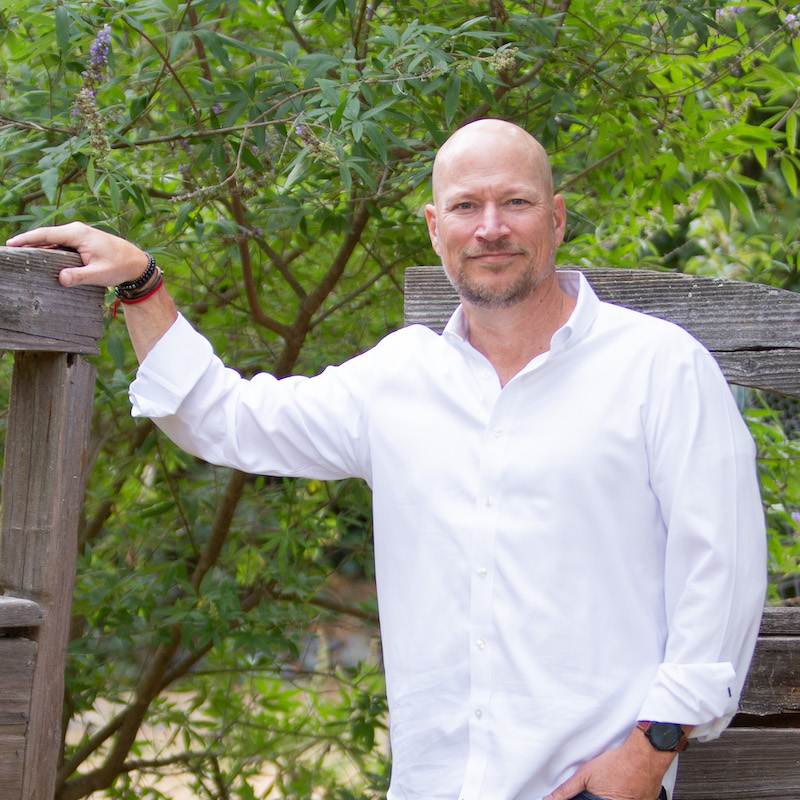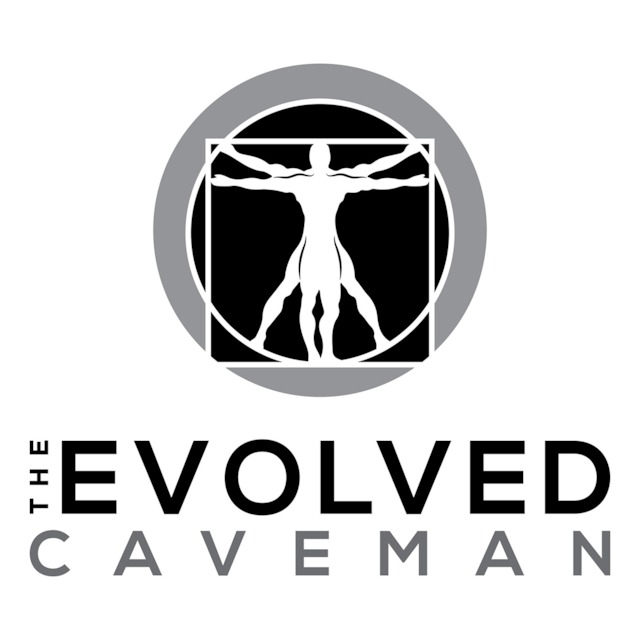The goal of life is to be successful AND happy at work AND at home.
Short of this, there is neither success, nor happiness.”
– Dr. John Schinnerer

The goal of life is to be successful AND happy at work AND at home. Short of this, there is neither success, nor happiness.”
– Dr. John Schinnerer
Learn proven tools to perform at your peak from the boardroom to the bedroom.
- Hey Man, Is This You? Let’s Fix That. Somewhere along the way, you got sold a crappy definition of what it means to be a man. Emotionless. Hyper-independent. Overfocused on making money at the cost of connection. A walking ATM. Only as valuable as your last win. Working so much that burnout and exhaustion are your best friends. Sound familiar?
-
But now… something’s off. You’re not feeling like “you”. Maybe it’s a slow decline, or maybe it hit you all at once—but either way, it’s time for a serious gut check. Let’s see if any of this sounds like you:
Your confidence, swagger, or general badassery? Gone. Now you’re second-guessing yourself like an overpaid life coach.
Most conversations at home end in gridlocked arguments—or worse, in a resigned and defeated “Yes, dear.”
Your “command and control” leadership style at work ain’t cutting it anymore Turns out, barking orders isn’t exactly inspiring the work of others.
You’re spending extra time at work—not because you have to, but because home life is more like a stress test than a safe haven.
That fire you once had with your spouse? Yeah, it’s been replaced by disconnection, exhaustion, distance, or just… meh. Sayonara, good sex!
-
You feel like you’re just going through the motions. Wake up. Work. Do dishes. Sleep. Repeat.
-
Joy? Passion? Excitement? Relaxation? Love? Nonexistent! Can’t remember the last time you felt any of those for more than five minutes. Surviving and languishing have become the new norm.
-
-
Your spouse sees you as irritable, distant, defensive, or emotionally AWOL. And it’s true.
-
You’ve checked the boxes of success at work, but… you still feel empty. What gives?! Is it possible that a happy life is more than fame, power and wealth?
Your career has stalled, and inspiring your team feels like herding ungrateful, feral cats. This younger generation doesn’t have a work ethic and you aren’t sure how to motivate them, or if you even want to.
Sound a little too familiar?
Good news: you’re not broken. You’re just stuck. And better news? It’s not your fault and you don’t have to stay that way.
-
Time to level up. Let’s get your confidence, connection, and clarity back. It starts here.
“How we are socialized as men impacts everything we do. Yet, how we are socialized is not our fault. However, it is our responsibility to learn new tools to be at our best in all our relationships.”
-Dr. John

Hey, I’m Dr. John – Welcome to the Beginning of Your Next Level.
Look, you didn’t land here by accident. If you’re anything like me, you figured out real damn early how to wear masks—masks to look tough, to avoid embarrassment, to show no weakness, to act like you had it all together when inside, you were just winging it like the rest of us.
And for a while? It worked. But at some point, you start to realize those masks don’t just protect you—they trap you. They keep you from living with authenticity, purpose, connection, and actual, lasting happiness.
I get it because I’ve been there. 50+ years of trial and error (with a generous dose of screw-ups along the way), plus studying with dozens of the best teachers in the world in psychology, peak performance, business, communication, relationships and physical health, led me to crack the code on what actually leads to real success and happiness—not the hollow, status-chasing, burnout kind, but the kind that actually feels good, is meaningful and connect you with others.
It all comes down to The 4 Pillars of Relationships—because, like it or not, everything in your life is about relationships:
✅ Relationship to Self – Who the hell are you without the masks?
✅ Relationship to Others – How do you show up in your personal & professional life?
✅ Relationship to Work – Are you just grinding, or does your work actually fulfill you?
✅ Relationship to Something Bigger – What’s it all for, anyway?
Master these, and you win—not just at work, not just in relationships, but at life.
So, you in? Let’s get started. 🚀
Contact Dr. John
At Guide to Self, we specialize in coaching and counseling for men, offering tailored strategies to help you excel both professionally and personally. Our approach is grounded in the belief that true success encompasses both career achievements and fulfilling relationships.
Our Approach: The 4 Pillars of Relationships
After 30+ years in the fields of psychology and peak performance, Dr. John Schinnerer has distilled his extensive experience of over 30 years into a straightforward framework focusing on:
1. Relationship to Self: Cultivating self-awareness and emotional intelligence.
2. Relationship to Others: Enhancing communication and connection with family, friends, and colleagues.
3. Relationship to Work: Aligning your career with your values and passions.
4. Relationship to Something Larger Than Self: Finding purpose and meaning beyond personal ambitions.
Why Choose Guide to Self?
We understand the unique challenges men face, from societal expectations to personal hurdles. Our counseling and coaching services for men are designed to address these issues head-on, providing practical tools to:
– Improve emotional well-being (read, less irritability and more happiness!)
– Strengthen personal and professional relationships
– Achieve a balanced and fulfilling life
– Strengthen communication skills
– Identify and act upon what’s meaningful in your life
Take the Next Step
Embarking on a journey of self-improvement requires courage, but the rewards are immeasurable. At Guide to Self, we’re committed to walking this path with you, offering support, guidance, and evidence-based strategies to help you become the best version of yourself.
Ready to transform your life? Contact us today to learn more about our coaching and therapy for men and take the first step toward a more fulfilling future.
Clients come to us because they want positive, sustainable change — at home and at work. You need happiness, purpose, and satisfaction at home AND at work for a truly contented and satisfying life.
Give us a call at (925) 575-0258 or email John {@} GuideToSelf.com to discover your peak performance, life’s purpose and greater happiness.





